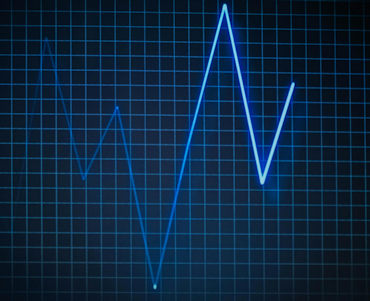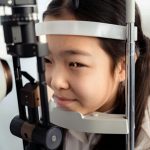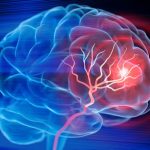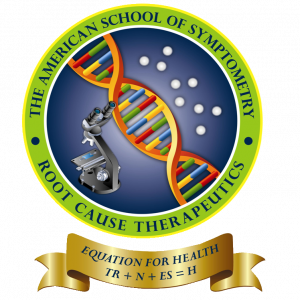
Dr. Maxwell Nartey
Professor of Symptometric Science
American School of Symptometry, NFP
Heartworms cause palpitation or pulsation in the carotids.
Most cardiologists diagnose palpitation as tachycardia, paroxysmal tachycardia, atrial fibrillation, ventricular fibrillation, atrial flutter or ventricular flutter depending on the heart rate and rhythm.
Generally, atrial fibrillation is controlled with a defibrillator. Then, more serious cases are controlled with pacemaker and treated with cardiac drugs until the person dies.
Does the cardiologist know what increases a person’s heart rate or rhythm? This is not the time for speculation. Here is the fact that should be known.
Heartworms
Heartworms cause palpitation that falls under the above-mentioned diagnoses. Scientifically, heartworms are known as Dilofilaria immitis and are roundworms. Dogs and horses also have them. However, the species that infect humans and head straight to the heart are:
- Dilofilaria repens and
- Dilofilaria tenuis
From animals to humans
Mosquitoes bite racoons, carry the larvae in their salivary glands and bite a person, thereby transmitting the racoon’s heartworm to humans, or they bite a dog, puppy or cat, thereby transmitting the racoon’s heartworm to the dog, puppy or cat.
Mosquitoes do the same to chickens, cattle, horses, gazelles, antelopes, caribou, Buffalo, etc., causing heart disease in animals all over the world.
The general assumption is that mosquito bites cause malaria, Dengue fever, West Nile virus, etc. The truth is that their bites cause palpitation too, with the palpitation coming from heartworms.
The most effective solution
Vibrational bombardment and attrition (VBA) has been the most effective solution to every case of palpitation.
Interestingly, only Symptometry makes this method available so that the source of the palpitation can be completely removed from the person until they are bitten again by a mosquito.
© Copyright 2025, The American School of Symptometry, NFP. No part of this publication may be reproduced or transmitted in any form or by any means, electronic or mechanical, including photocopying, recording, or by any information storage and retrieval system without the written permission of The American School of Symptometry, NFP. Library of Congress copyright number Txu 1-621-370, Washington D.C.


 Previous Post
Previous Post Next Post
Next Post